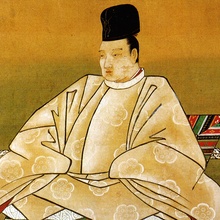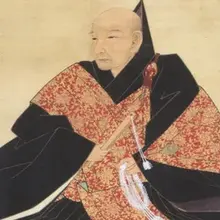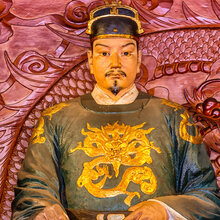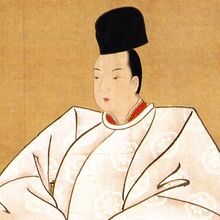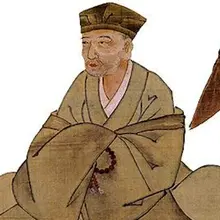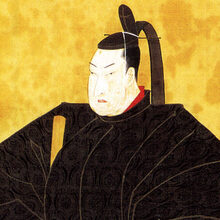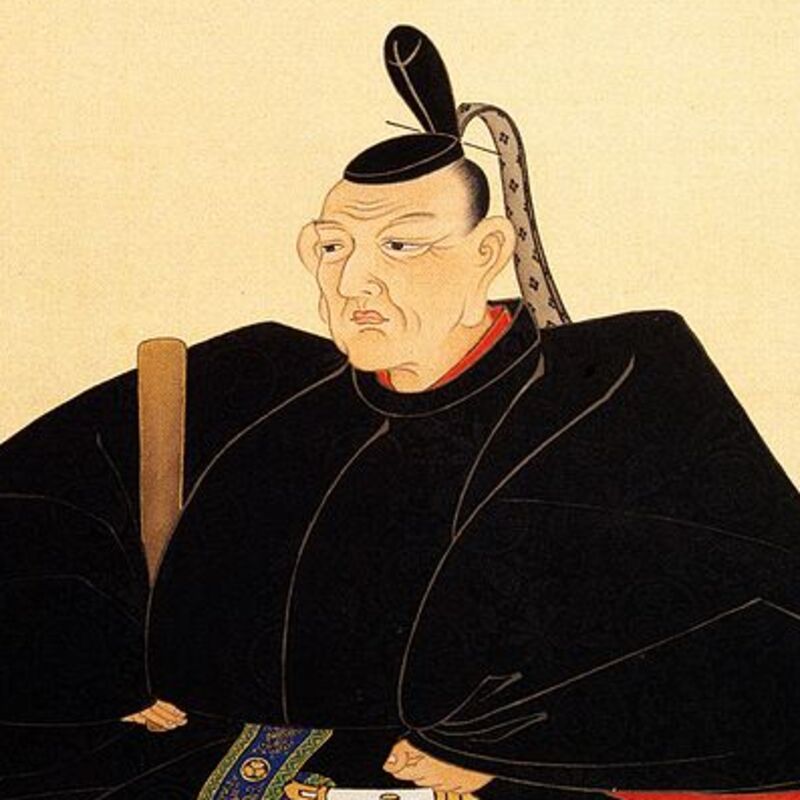
Personal
Other names:
Job / Known for:
Fifth shogun of the Tokugawa dynasty
Left traces:
Animal protection laws, cultural achievements
Born
Date:
1646-02-23
Location:
JP
Edo, Japan
Died
Date:
1709-02-19 (aged 63)
Resting place:
JP
Death Cause:
Natural causes
Family
Spouse:
Takatsukasa Nobuko
Children:
Tsuruhime, Tokugawa Tokumatsu, Tokugawa Chomatsu, Kichihime, Yaehime, Takehime
Parent(s):
Tokugawa Iemitsu, Keishōin
QR Code:
 My QR code:
Tokugawa Tsunayoshi
https://DearGone.com/12188
My QR code:
Tokugawa Tsunayoshi
https://DearGone.com/12188
Key Ownner:
Not yet supported by key owner
Show More
Rank
Users ranking to :
Thanks, you rate star
Ranking
5.0
1
Fullname
Tokugawa Tsunayoshi
Fullname NoEnglish
徳川 綱吉
Slogan
The compassionate ruler who loves all living beings
About me / Bio:
Show More
Article for Tokugawa Tsunayoshi
Died profile like Tokugawa Tsunayoshi
Comments:
